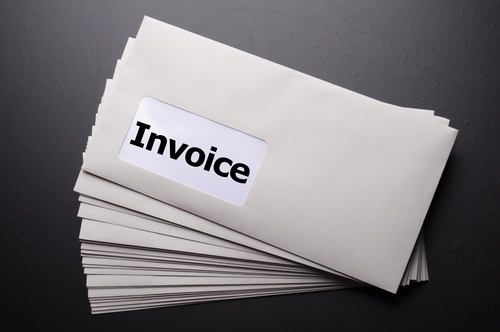The average business is owed £11,358, with one in five owed more than £30,000, according to a study by independent payment service provider Sage Pay.
With 67 per cent of SME business owners saying they still use paper invoices, the study also reveals that such businesses spend the equivalent of two weeks each year chasing unpaid invoices. For one in ten companies, a third (33 per cent) of invoices are paid late.
Sage Pay CEO Simon Black says, ‘The majority of invoicing is still done via paper and post. Given the environment we’re now living in, this process is not only antiquated, it’s actually depriving small businesses of critical revenue. For smaller businesses in particular, this delay in payment can cause significant problems and can affect the overall performance of the company.’
When it comes to new invoicing methods, mid-sized companies are leading the way, with 85 per cent saying they have adopted e-invoicing.
Black continues, ‘Businesses of all size need to look at a more seamless, automated invoicing process so they can focus on running and growing their business, rather than chasing money owed or spending their time on bookkeeping and administration.’
Andrew Straw, co-founder of holiday company Saddle Skeddadle explains how keeping on top of invoicing can be a problem for a small company such as his. He says, ‘We’ve had real issues in the past with keeping paper work in check, filling it all in correctly and making it understandable when it came to VAT and TAX returns.
‘Not only does it consume time and money, it can be stressful to having to constantly try and keep tabs on invoices that are all too-easily forgotten about when I’m trying to run my business. As a result outstanding or unpaid invoices affect my business, where cash flow is everything.’





